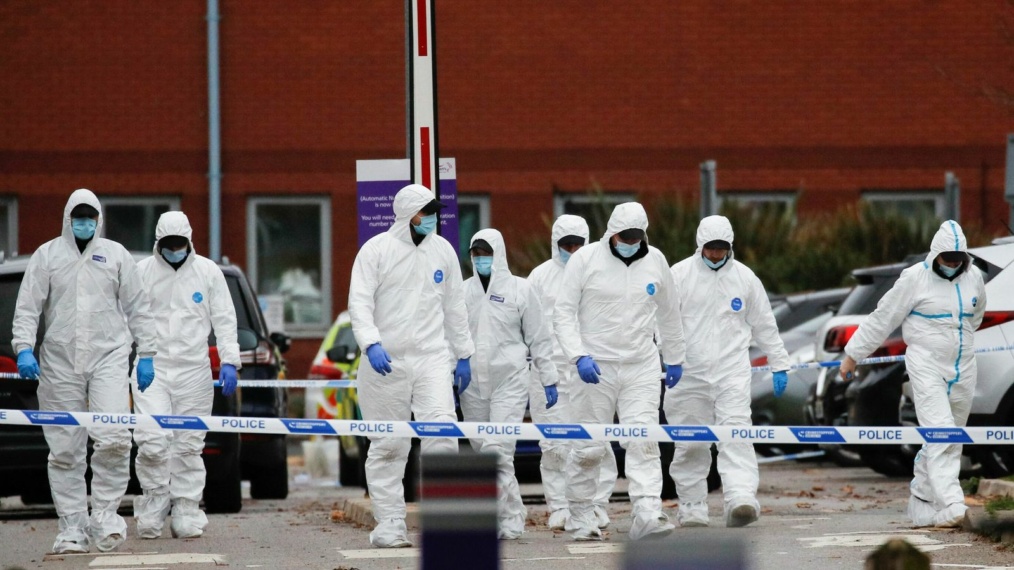Syria is one of the countries severely impacted by terrorism. It is widely known that Syria is afflicted by suffering, as terrorists have attacked innocent people, obliterated foundations, plundered Syria’s assets, and generated a humanitarian catastrophe throughout the country. Since 1979, Syria has been exposed to terrorist attacks, which persist today.
The Escalation of Terrorism
In 1979, Syria was designated as a State Sponsor of Terrorism and proceeded its political and military bolster to aid several terrorist groups. Over the last few years, Syria has captivated global audiences due to its counter-terrorism endeavors. The unexpected and terrifying rise of ISIS in 2014 drew worldwide attention to Syria. In a few weeks, the broadest transnational alliance in global history was deployed to set in motion a counterattack against ISIS in Iraq and Syria. The jihadist group, after five years, referring to themselves as “caliphate,” had been demolished. Whereas announcements of ISIS’s overcome were certainly untimely, a worldwide approach and consideration on countering fear-based oppression in Syria has since declined, as if to suggest that the work is exhausted.
In fact, as 2020 began, the world appeared to misunderstand counter-terrorism efforts in Syria, since the danger of ISIS could be long from over. ISIS holds thousands of warriors in Syria and maintains an unfaltering pace of agitators and fear-based oppressor assaults east of the Euphrates. More worryingly, ISIS appears to be developing strength and capacity west of the Euphrates. This is also where Syria’s president Bashar al-Assad and his local army accomplices generally appear unable to contain and overcome ISIS’s exercises.
The Current Situation in Syria
In 2021, according to military officials, over 14 soldiers were killed and three were injured in a bomb assault on a bus with armed forces in Damascus, the capital of Syria. Immediately after the attack, the army fired on a rebel state in Idlib, killing 12 people, according to rescue workers. The bombing of Damascus was the deadliest the capital has experienced in recent years. This was an infrequent incident, considering that the government’s army conquered the suburbs once owned by the opposition’s fighters after a decade of conflict in Syria.
Ultimately, 2021 has been one of the hardest years for Syria. Over the years, the accumulation of wars and terrorism has led to a crucial economic crisis and an enormous reduction of food resources. Therefore, the United States should adjust its policies and reflect on the current situation in Syria.
In 2021, the armed conflict in Syria has passed a ten-year milestone. At the present moment, the conflict has outstretched into a violent and ongoing deadlock, with several different and simultaneous armed conflicts overlapping with regional security concerns regarding Turkey, Iran, Israel, Kurds, and jihadist activities.
While the United Nations-led process has had difficulties progressing, Western nations have withdrawn their involvement, and some Arab nations are looking for ways to realign with Assad’s regime.
Conclusions and Suggestions
Syria’s attacks have resulted in a humanitarian disaster with dramatic repercussions for the country, neighboring states, and in general, globally. Approximately 500,000 people didn’t survive the attacks, and over 13 million have abandoned their homes.
Since 2015, the U.S. Institute of Peace (USIP) has played an important role in supporting people and building peace. USIP has likewise supported common society associations, informed policymakers, helped refugees in Syria’s neighboring states, and ultimately promoted peace.
In order to have critical outcomes, an organized effort is needed to help Syria diminish terrorism and conquer peace. Global support is needed to defeat the terrorist attacks. However, international counter-terrorism cooperation faces many obstacles, from geostrategic rivalries to the ubiquitous double standards and the influence of domestic politics at the time.
Regarding the current conditions in Syria, it is vital for Assad and his compatriots to be expelled. Today’s government supports the continuation of conflict to maintain its power. Although this eviction is needed for the same reasons, it remains a very complex operation.
Overall, the major concerns that make Syria a fertile ground for terrorism include the regime’s security drift, Islamist terrorism’s resilience, and recent demographic changes in some regions profiting Shias. Europe should enact guidelines to support Syria, such as providing aid to refugees, rebuilding regions attacked by ISIS, and providing solutions for future conflicts between neighboring states.
Katerina Rebecca Paraskeva, Counter-Terrorism Research Fellow





